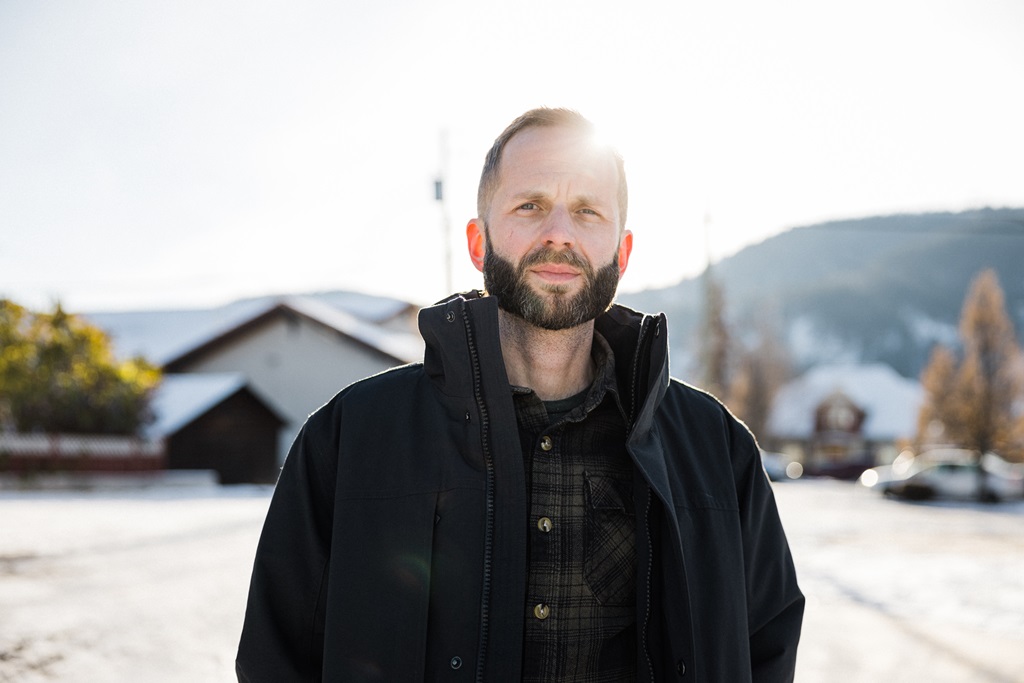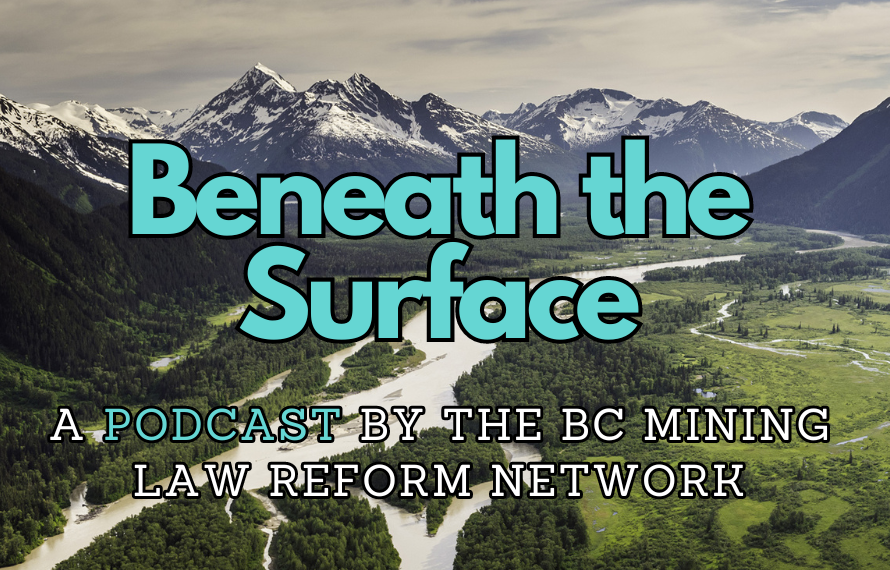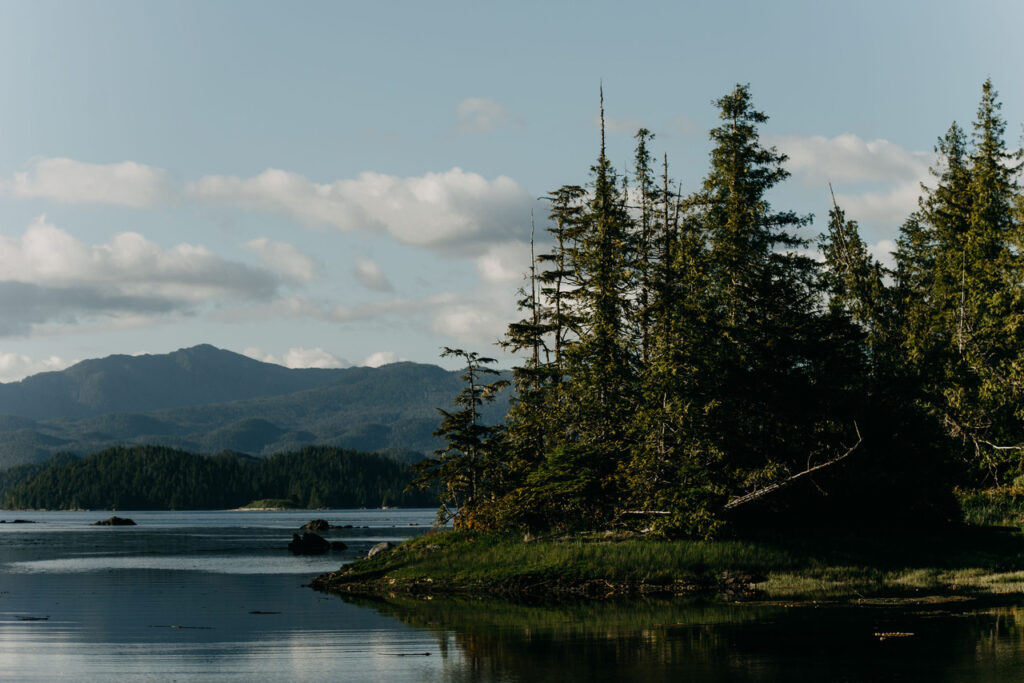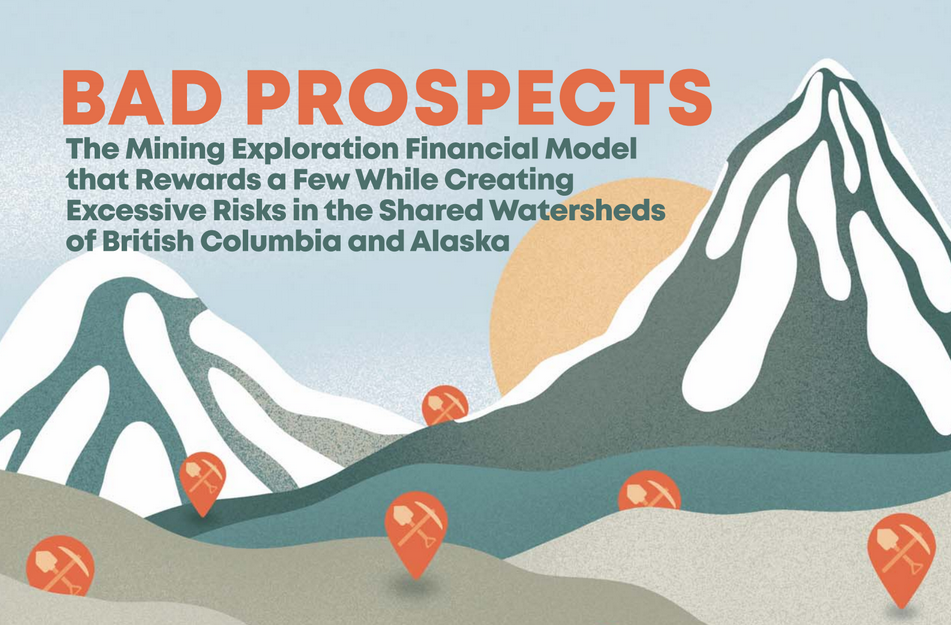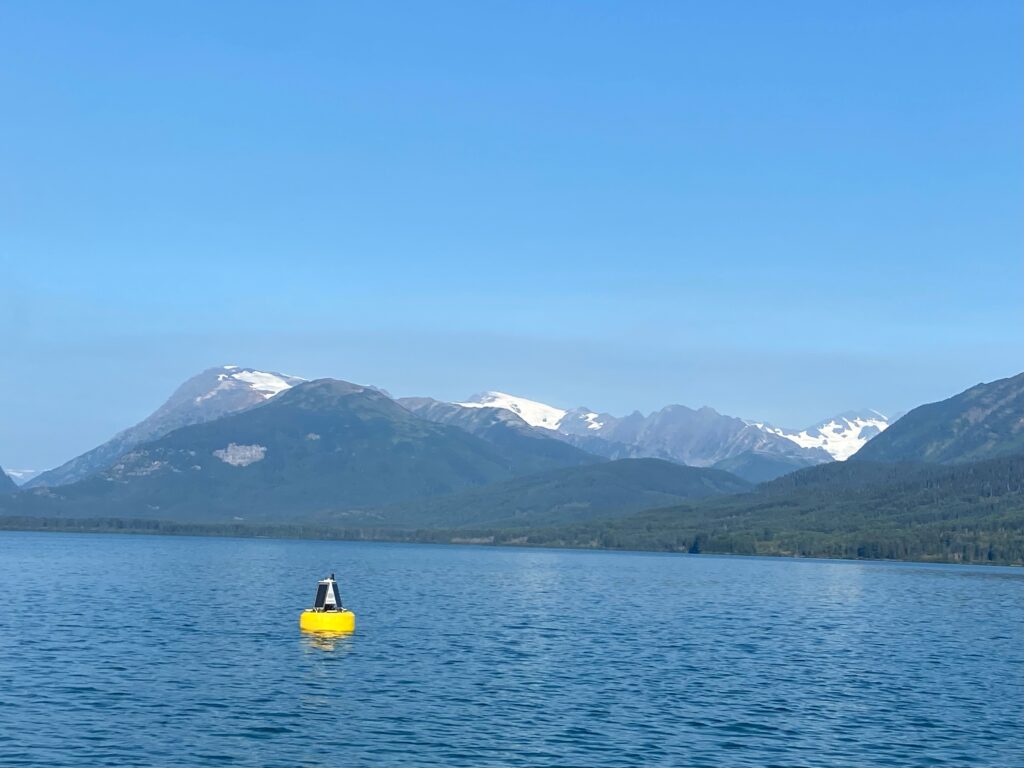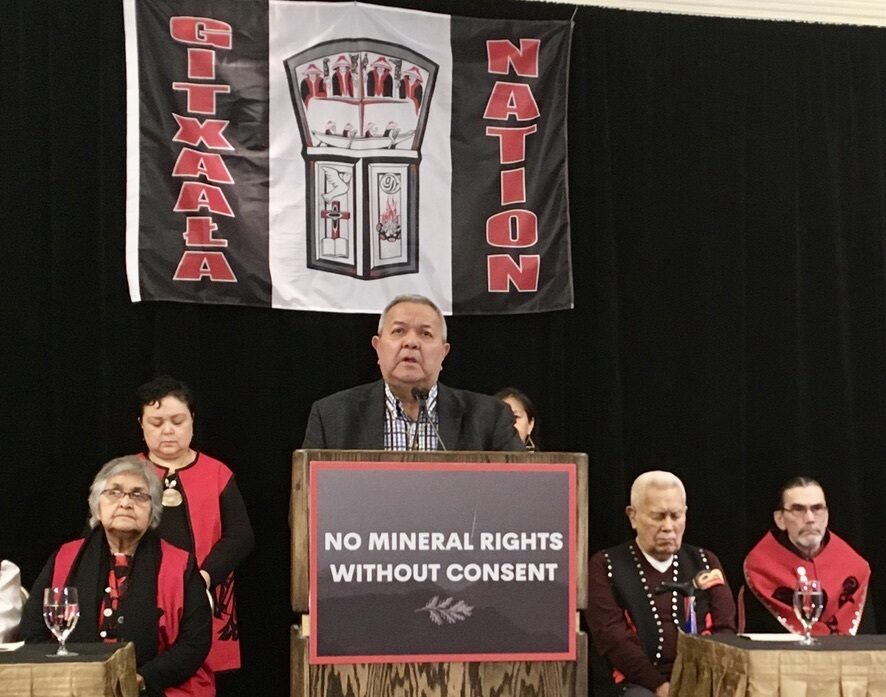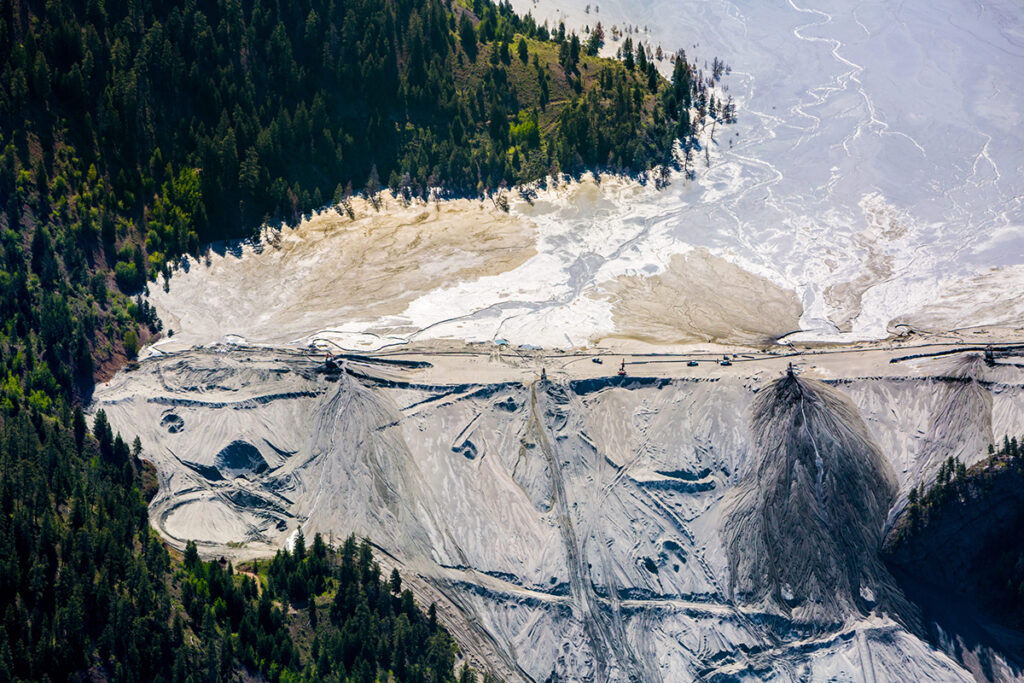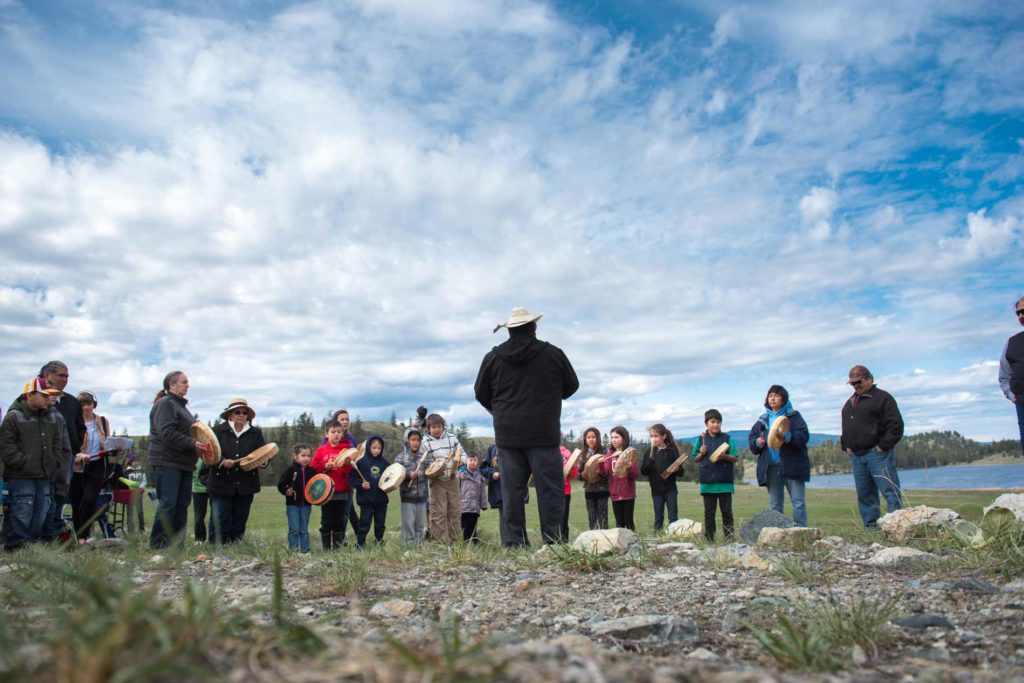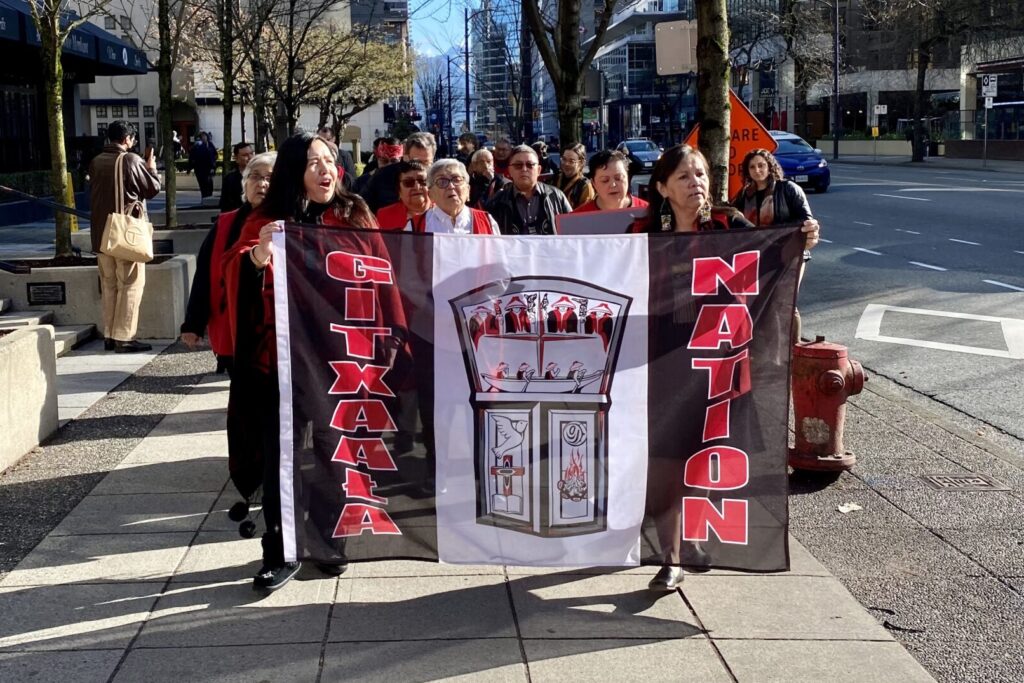Featured image credit: Marty Clemens / The Narwhal. Gavin Smith is a staff lawyer with West Coast Environmental Law (WCEL). Gavin’s work with WCEL has included fighting against the Enbridge Northern Gateway pipelines and tankers proposal, the passage and implementation of BC’s new Environmental Assessment Act, and supporting Indigenous Nations to revitalize their own laws…. Read more »
